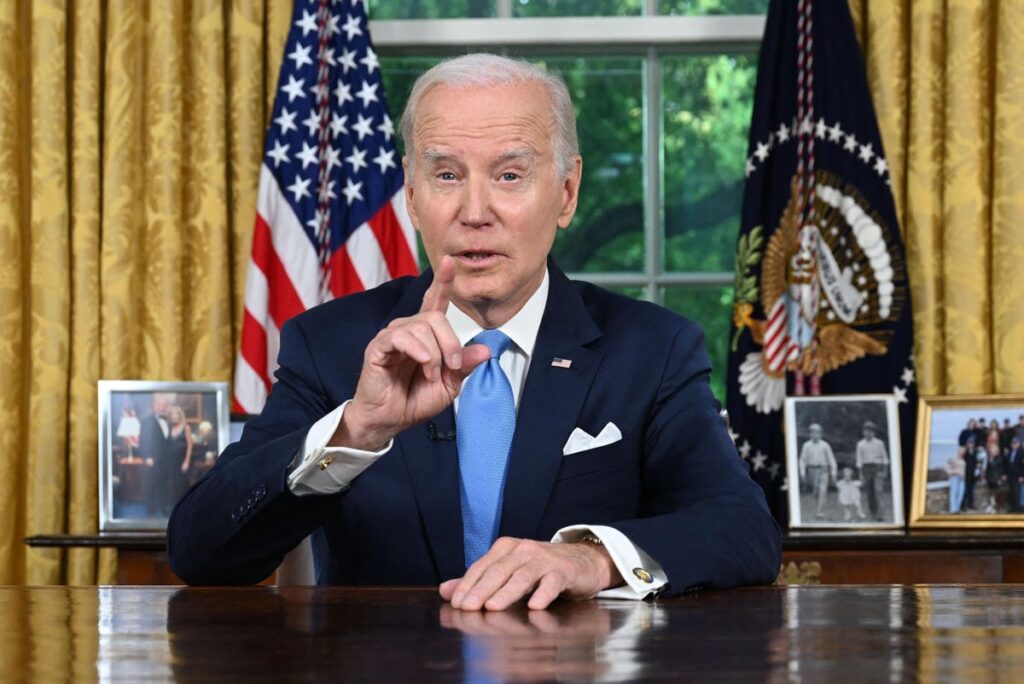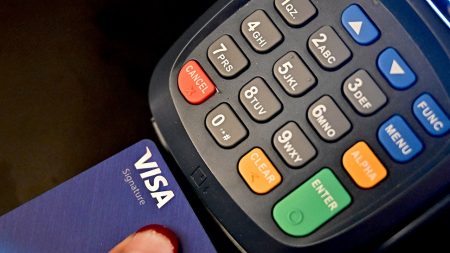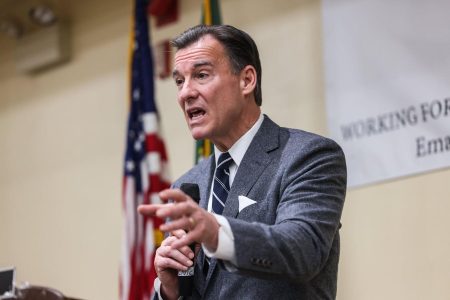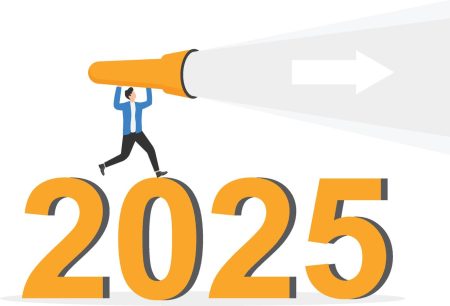President Joe Biden has vetoed a bill passed by Congress that would repeal student loan forgiveness and reverse his most recent extension of the student loan pause. Advocates for borrowers had warned that passage of the bill could have catastrophic consequences.
Here’s what this means for borrowers.
Biden Vetoes Bill Nullifying Student Loan Forgiveness And Student Loan Pause
Last week, Congress passed a joint resolution under the Congressional Review Act that would have halted Biden’s signature student loan forgiveness plan. That plan, if enacted, would provide up to $20,000 in student loan forgiveness to millions of borrowers. The CRA resolution would have also nullified the President’s most recent extension of the ongoing student loan pause, which has stopped payments and frozen interest for most federal student loan borrowers since March 2020.
Advocates for borrowers had warned that enactment of the Congressional Review Act bill could be disastrous. Not only would it deny borrowers student loan forgiveness, but it could result in hundreds of thousands of borrowers having their discharged loans reinstated due the reversal of PSLF or Income-Driven Repayment credit they received during Biden’s most recent extension of the student loan pause. Some advocates also suggested that borrowers would be forced to retroactively pay back interest that would have accrued during that most recent extension.
“Congressional Republicans led an effort to pass a bill blocking my Administration’s plan to provide up to $20,000 in student debt relief to working and middle class Americans. I won’t back down on helping hardworking folks,” said Biden in a statement yesterday. “That’s why I’m vetoing this bill.”
Biden’s veto means that the Congressional Review Act resolution will not become law, even though it was passed by both the House and the Senate. Congress could override Biden’s veto with a two-thirds majority in each chamber, but Republicans conceded that even with the handful of Democrats who voted to overturn Biden’s debt relief plan, they would fall far short of the threshold needed to override the veto.
Since the Congressional Review Act can only be used to repeal recently enacted regulations, this particular effort to nullify Biden’s student debt relief plans is effectively dead.
Biden Preserves Student Loan Forgiveness, But Ends Student Loan Pause, In Debt Ceiling Bill
Separately, Biden signed a bill last week to raise the debt ceiling. The bill represented a compromise between the White House and congressional Republican leadership. As part of the negotiated agreement to raise the debt ceiling, Biden managed to preserve his student loan forgiveness plan. However, he agreed to officially end the student loan pause later this summer.
Ending the student loan pause via the debt ceiling bill is distinct from the repeal efforts in the Congressional Review Act. The Congressional Review Act would have nullified Biden’s most recent extension of the student loan pause, which began after last December, potentially causing chaos for borrowers who benefited from the extension during the last several months. In contrast, the debt ceiling bill does not retroactively reverse the latest extension; it simply codifies that the student loan pause will end 60 days after June 30, a timeline that Biden administration officials had already suggested would happen.
Nevertheless, advocates for student loan borrowers have been critical of Biden’s compromise, arguing that removing any chance of another extension of the payment pause will undermine the administration’s ability to help borrowers. And a recent report by the Consumer Financial Protection Bureau released this week suggests that millions of borrowers may not be ready for an abrupt return to repayment.
Supreme Court Will Soon Rule On Biden’s Student Loan Forgiveness Plan
While Biden has effectively neutralized Republican-led efforts to repeal his student loan forgiveness plan through Congress, the initiative still remains at risk. Two federal courts blocked the program last fall in response to legal challenges, and the administration appealed those decisions to the Supreme Court. A final ruling on Biden’s student debt relief plan is expected this month, and could arrive as soon as next week.
Advocates have been pressing the Biden administration to consider a backup option for student loan forgiveness in the event of an adverse Supreme Court ruling. But officials have publicly stated that there is no fallback option under consideration at this time.
Further Student Loan Forgiveness Reading
7 New Flexibilities As Student Loan Pause Ends And Loan Forgiveness Ruling Looms
If The Supreme Court Rejects Biden’s Student Loan Forgiveness Plan, Here Are Other Options
These Democrats Just Joined Republicans To Repeal Student Loan Forgiveness
Student Loan Forgiveness Eligibility Expanded In 3 Ways Under New Account Adjustment Guidance
Read the full article here













